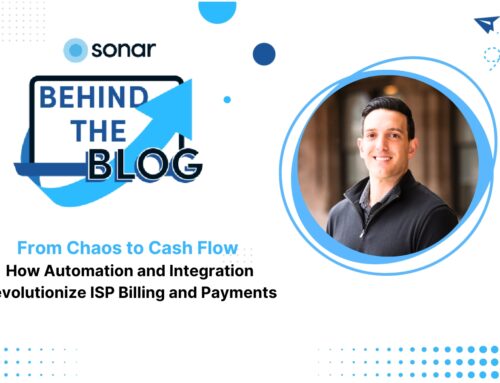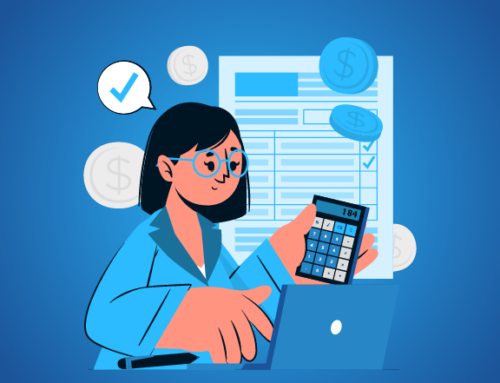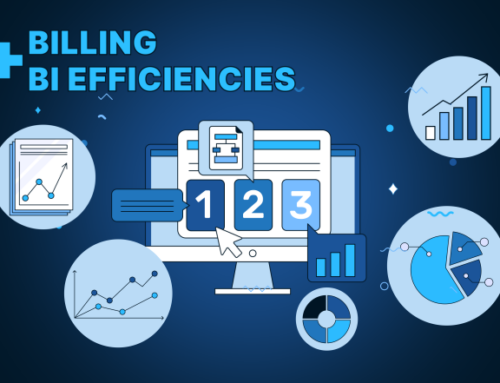Multi-dwelling unit (MDU) service providers play a critical role in providing essential services such as internet, cable TV, and phone services to residents in apartment buildings, condominiums, and other multi-unit properties. However, managing the billing and provisioning processes for a large number of tenants can be a daunting task, leading to errors, additional truck rolls, service delays, and dissatisfied customers; this is where automation can bring significant benefits. By automating billing and provisioning processes, MDU service providers can streamline operations, reduce costs, and improve customer satisfaction.
In this article, we will explore the benefits of automated billing and provisioning processes for MDU service providers and their tenants and discuss various automation options and best practices for successful implementation.
The Old Way
Traditionally, MDU service providers have relied on manual processes for billing and provisioning, which typically involves manually creating and sending bills to each tenant, which can be time-consuming and prone to errors. Provisioning, or the process of setting up and activating services for new tenants, can also be manual, involving paperwork and additional truck rolls for installation.
Manual billing and provisioning processes can be challenging for MDU service providers. Errors can occur, leading to incorrect bills or delayed service activation. Delays in provisioning can also lead to dissatisfied tenants, impacting the provider’s reputation and customer retention. Furthermore, manual processes can be inefficient, requiring significant resources in terms of time and personnel to manage.
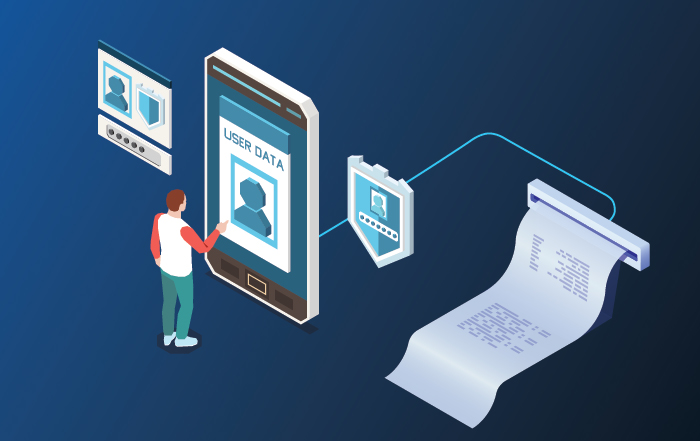
The New Way
Automated billing and provisioning processes can bring significant benefits to MDU service providers. For example, automation can reduce costs by eliminating the need for manual labor, reducing errors, and improving accuracy, leading to faster service delivery and improved customer satisfaction. Additionally, automation can provide real-time data insights and analytics, allowing providers to make better business decisions and improve operational efficiencies. Overall, automating billing and provisioning processes can help MDU service providers provide better services while also reducing costs and improving their bottom line.
Exploring Automated Possibilities
MDU service providers have several automation options for billing and provisioning processes. One option is cloud-based systems that allow centralized customer data management, billing, and provisioning. Cloud-based systems can also be accessed remotely, allowing for more flexibility and scalability. Another option is IoT (Internet of Things) devices, which can be used to monitor and automate processes such as service activation and monitoring. These devices can provide real-time data on usage and service delivery, allowing providers to manage their services and resources better. Software integrations are also a popular option, allowing providers to integrate different software systems for billing, provisioning, and customer relationship management.
Each of these options provides significant benefits to MDU service providers. Cloud-based systems can improve efficiency and accuracy by centralizing customer data and billing processes. IoT devices can automate and streamline service delivery while providing real-time data insights to help providers make better business decisions. Software integrations can also help providers manage customer data and billing processes more effectively while providing greater visibility into service delivery and usage.
In addition to these benefits, automation can provide valuable data insights and analytics for MDU service providers. Real-time data on usage, service delivery, and customer satisfaction can help providers make better decisions and improve operational efficiencies. For example, providers can use data to identify and resolve service issues more quickly or adjust service levels based on customer usage patterns. Overall, automation options for billing and provisioning can help MDU service providers deliver better services, reduce costs, and improve customer satisfaction.
Steps to Automate Billing and Provisioning for MDU Service Providers
Identify software solutions
Research and identify software solutions tailored to MDU service providers’ needs. Look for features such as automated billing, business intelligence data insights, and provisioning management.
Integrate with existing systems
Determine how the new software will integrate with existing systems, such as property management software or CRM systems. This may require the expertise of an IT professional.
Train employees
Ensure that all employees involved in billing and provisioning are trained on the new system. This includes training on how to use the software, as well as any changes in processes and procedures.
Test the system
Before fully implementing the system, conduct thorough testing to ensure that it is working as intended and is fully integrated with existing systems.
Potential Roadblocks
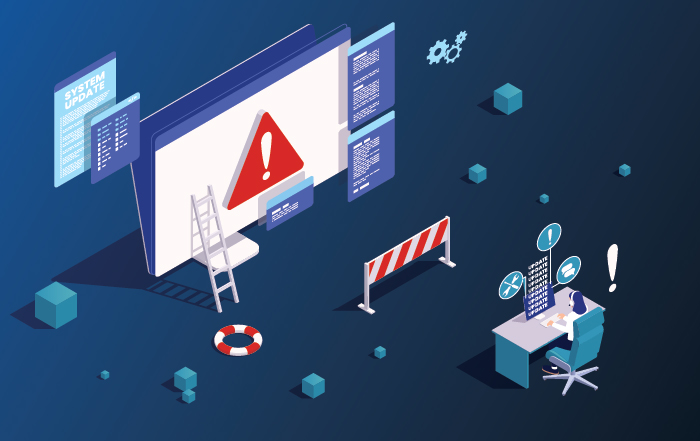
Some potential roadblocks to automation include resistance to change, a lack of technical expertise, and the upfront costs of implementing new systems. To overcome these roadblocks, it may be helpful to involve employees in the decision-making process and provide them with training and support throughout the transition. Additionally, MDU service providers may want to consider the long-term cost savings and benefits of automation to justify the initial investment.
Best Practices For Choosing an Automated Solution
Select the right software solutions
Choose software solutions that are specifically designed for MDU service providers and that meet the unique needs of your business. Look for solutions that offer automation, real-time data insights, and integration with existing systems.
Prioritize customer needs
Keep the needs of tenants at the forefront when automating billing and provisioning. This includes offering multiple payment options, easy-to-understand billing statements, and clear communication about service provisioning.
Invest in ongoing training and development
Continuously train and develop employees to ensure they are able to effectively use the new software and processes. This includes providing regular training sessions, access to resources, and opportunities for professional development.
Test and monitor automated processes
Regularly test and monitor the automated billing and provisioning processes to ensure they are effective and efficient. This includes conducting regular quality assurance checks and analyzing data to identify areas for improvement.
Maintain open communication with tenants
Maintain open communication with tenants throughout the automation process. This includes providing clear information about changes to billing and provisioning processes, and addressing any concerns or issues that may arise.
By following these best practices, MDU service providers can ensure a smooth and successful transition to automated billing and provisioning, resulting in increased efficiency, accuracy, and cost savings.
Final Thoughts
Automating billing and provisioning processes for MDU service providers can offer numerous benefits to both service providers and tenants. Traditional manual processes can be prone to errors, delays, and inefficiencies, while automation can improve efficiency, accuracy, and cost savings. Various automation options such as cloud-based systems, IoT devices, and software integrations offer different benefits such as real-time data insights and analytics. MDU service providers can take steps to automate billing and provisioning processes by identifying software solutions, integrating with existing systems, and training employees. To ensure successful automation, it is important to prioritize customer needs, test and monitor the automated processes, and maintain open communication with tenants. Staying up-to-date with the latest technologies and trends is crucial to remaining competitive in the market. Overall, automating billing and provisioning processes can lead to a more efficient and effective MDU service provider business model, benefiting both service providers and tenants.
